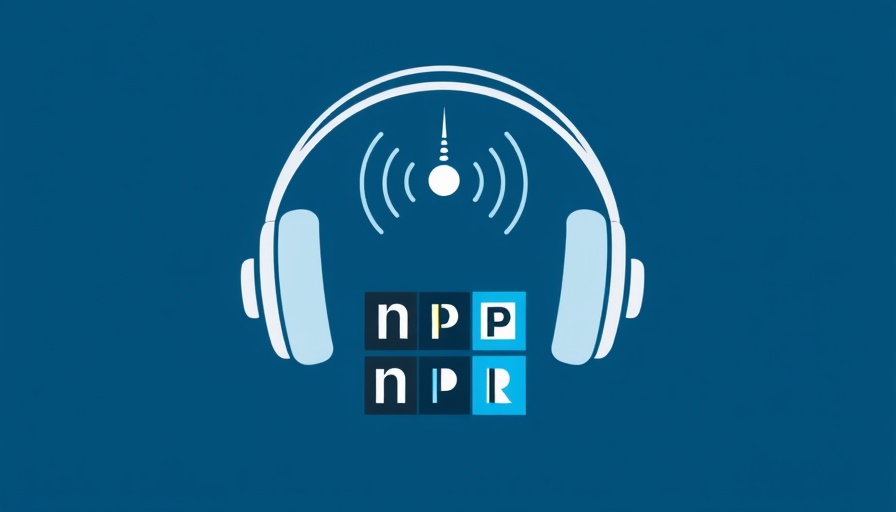
How the Measles Outbreak Is Reshaping Vaccine Perception
The resurgence of measles can often be traced back to communities with low vaccination rates, leading to increased concern among public health officials. As seen in the alarming outbreak in Texas, this has ignited a surge of vaccine enthusiasm among parents eager to protect their children. This newfound interest presents a critical opportunity to address vaccine hesitancy and misconceptions that have been on the rise for years.
The Impacts of Low Vaccination Rates
Measles is an extremely contagious disease, capable of spreading rapidly among unvaccinated populations. The recent outbreak highlights a troubling trend: communities where vaccine skepticism prevails are at a heightened risk of disease spread. This situation serves as a wakeup call for both parents and health officials, emphasizing the importance of maintaining high vaccination coverage to protect not just individual children, but the community at large.
Vaccine Enthusiasm on the Rise
As reports of measles cases get more frequent, parents are increasingly motivated to get their children vaccinated. Clinics are experiencing a noticeable uptick in vaccine appointments, indicating a shift in mindset. The outbreak has catalyzed discussions in families and communities about the safety and importance of vaccines, transforming fear into proactive health measures. This grassroot enthusiasm showcases how critical discussions can lead to a greater demand for vaccinations.
Combating Vaccine Hesitancy
Healthcare providers are working tirelessly to counteract misinformation that has contributed to vaccine hesitancy. Through community engagement and education, they aim to dispel myths surrounding vaccination safety and efficacy. Simple facts and guided conversations can go a long way in reassuring parents about the importance of vaccinations.
The Role of Technology in Vaccine Awareness
Social media platforms have been double-edged swords in the fight against vaccine hesitancy. While misinformation spreads rapidly across these channels, they also provide a unique platform for public health campaigns to reach a wider audience. Medical professionals and organizations are leveraging technology to share verified information, engage with the community, and boost vaccine awareness. The ongoing narrative around measles outbreaks can serve as a critical launchpad for health tech innovations aimed at education and outreach.
Lessons Learned: Previous Measles Outbreaks
Historically, previous outbreaks have shown that timely public health interventions and robust vaccination campaigns can reverse the tide of vaccine hesitancy. When measles outbreaks occurred in places like Disneyland and universities, they prompted significant policy discussions and renewed calls for vaccination compliance. These events remind us that while challenges persist, effective strategies can lead to increased vaccination rates and better health outcomes for everyone.
Future Trends: Vaccine Innovations and Public Health
The response to the current measles outbreak may pave the way for developing more innovative vaccine strategies that encourage wider acceptance. New technologies for administering vaccines, tracking immunization status, and facilitating easier appointment scheduling are starting to emerge. These advancements could ultimately change how parents view vaccines and enhance overall public health efforts.
How You Can Make a Difference
For parents and professionals in the health domain, standing behind vaccine advocacy can drive change within communities. Engaging in conversations about vaccination, sharing verified information, and supporting local vaccination initiatives can contribute to broader societal acceptance of vaccines. Together, each action can aid in counteracting the resurgence of diseases once thought to be eradicated.
As the current measles outbreak underscores the importance of vaccinations, it is vital for community members, healthcare providers, and policy-makers to come together, share knowledge, and advocate for public health initiatives. The more we understand the consequences of vaccine hesitancy, the better positioned we are to ensure the health and safety of our communities.
In conclusion, as measles cases spike, the onus falls on all of us—parents, health providers, and community leaders—to foster an environment where vaccinations are embraced rather than feared. Educate, inform, and encourage greater access to vaccines, ensuring that we can protect our children and communities against preventable diseases.
Take action today—encourage your peers and community to engage in discussions about the importance of vaccines. Share information and rally around public health initiatives to safeguard our future.
 Add Row
Add Row  Add
Add 




Write A Comment